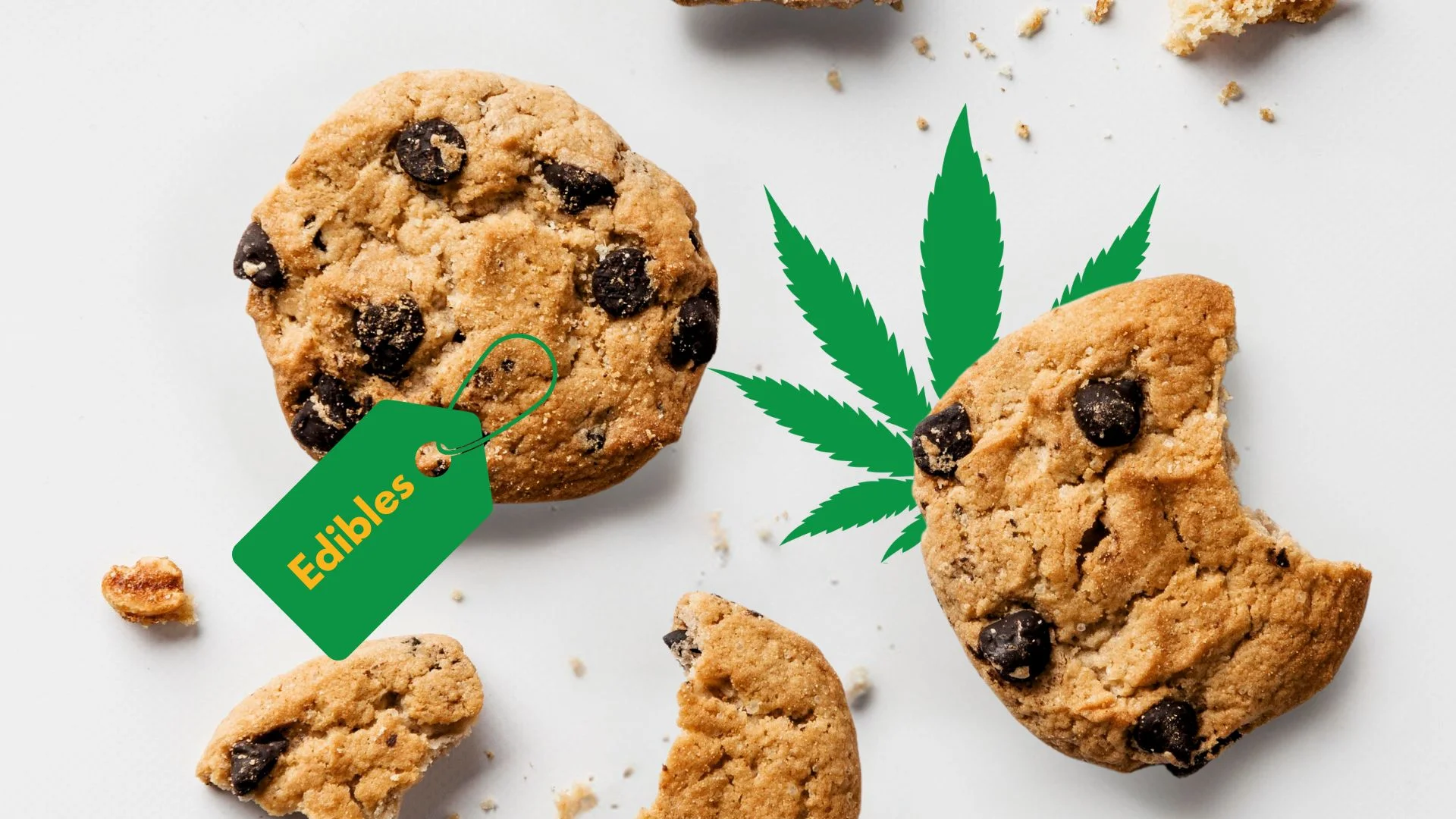
How long does it take for edibles to kick in?
Edibles typically begin to take effect between 30 minutes and 2 hours after ingestion because they must be digested and metabolised through the liver.
What is the average duration of the effects of edibles?
On average, edible effects last between about 4 to 8 hours for many users, though higher doses or low tolerance may extend this to 8–12 hours or more.
Can the effects of an edible last beyond 12 hours?
Yes — for some individuals, especially those taking higher doses, with slower metabolism or less tolerance, effects or residual impacts can last up to 12 hours or sometimes into the next day.
What factors influence how long an edible lasts?
Key factors include dose size, THC potency, individual metabolism, body composition (such as body-fat percentage), whether the edible was taken on an empty or full stomach, and prior tolerance to THC.
Why do edibles often last longer than smoking or vaping cannabis?
Because edibles are absorbed via the digestive system and processed by the liver into more potent metabolites (like 11-hydroxy-THC) which extend the effect duration compared to inhaled cannabis which enters the bloodstream quickly but clears faster.
What should you expect in terms of onset, peak and decline when consuming an edible?
Onset: ~30–120 minutes. Peak effects often around 2–4 hours after ingestion. Decline: effects may taper between 4–8 hours, with some residual effects lasting longer depending on dose and individual variation.
Can eating food or taking edibles on a full stomach change the duration?
Yes. Consuming an edible after a large meal may delay the onset and possibly extend the duration, because absorption and metabolism are slower when the digestive system is processing other food. Conversely, on an empty stomach someone may feel effects sooner but they may also be more intense.
What risks are associated with prolonged edible effects?
Since edible highs last longer, risks include unintentional over-consumption (due to delayed onset), impairment of cognitive/motor skills for extended periods, anxiety or paranoia especially in inexperienced users, and the possibility of still being impaired when driving or performing tasks hours after ingestion.
How should beginners dose edibles to avoid overly long effects?
Begin with a low dose (e.g., 2.5 – 5 mg THC) and wait at least 2-3 hours before considering more. Because the effects onset slowly and last long, patience and moderation are key to avoid an undesirable extended high.
How long can THC from an edible remain detectable in the body even after the high wears off?
While the ‘high’ may fade in hours, THC metabolites may remain detectable in urine for days to weeks, in blood for shorter periods, and in hair for up to 90 days depending on use frequency.

Edibles" typically refers to food products that have been infused with cannabinoids, particularly delta-9-tetrahydrocannabinol (THC) and/or cannabidiol (CBD), which are the active compounds found in cannabis. Edibles offer an alternative way to consume cannabis compared to smoking or vaporizing it. Edible cannabis products come in various forms, such as brownies, cookies, cakes, Gummies, chocolates, chips, crackers, popcorn, cooking oils, and tinctures.
However, one of the most common questions among those new to edibles is: How long do the effects actually last?
Unlike inhaled cannabis, which sends cannabinoids directly to the bloodstream via the lungs, weed edibles introduce cannabinoids through the digestive system. As a result, there's a more extended onset period. Typically, users begin to feel the effects anywhere from 30 minutes to 2 hours after consumption, depending on individual factors and the type of edible consumed.
The duration of edible effects can vary significantly depending on factors such as the potency of the product, the individual's metabolism, and their tolerance to CBD edibles. On average, the effects of edibles can last anywhere from 4 to 8 hours, but it's not uncommon for some users to experience lingering effects for up to 12 hours or more, particularly with higher doses.
Several factors impact how quickly the effects of edibles become apparent:
THC and CBD Content: The ratio of THC to CBD in the edible plays a role. Higher THC concentrations may lead to a faster onset of effects.
Product Type: Edibles that are absorbed sublingually (through the mouth's mucus membranes) can kick in faster than those that need to be digested.
Metabolism: Individual metabolic rates vary, influencing how quickly the body processes and absorbs cannabinoids.
Body Weight and Composition: Heavier individuals might experience a slower onset due to THC being stored in fat cells.
Tolerance: Regular cannabis users might develop tolerance, affecting how quickly they feel the effects.
Edibles' lasting effects can benefit or pose risks. Newcomers may overindulge due to delayed onset, thinking the initial dose is ineffective. Prolonged effects also warrant refraining from driving or using heavy machinery post-consumption.
Must read: Safety-sensitive workplaces
Edibles offer several advantages over smoking cannabis, such as:
Respiratory Health: Edibles eliminate the risks associated with inhaling smoke, which can be harmful to the lungs.
Extended Relief: The longer duration of effects is beneficial for individuals seeking prolonged relief from symptoms.
Discreetness: Edibles can be consumed inconspicuously, making them suitable for situations where smoking is not feasible.
High doses of THC edibles can lead to uncomfortable symptoms that might persist for hours or even days. These can include:
Edibles offer a unique and extended cannabis experience, with effects lasting from 6 to 8 hours. Their onset time varies based on factors like THC/CBD content, metabolism, and product type. Starting with a low dose and waiting 24 hours before re-dosing is advisable to manage effects and avoid adverse reactions. Be mindful of the legal regulations in your area.
More Information: Is CBD legal?